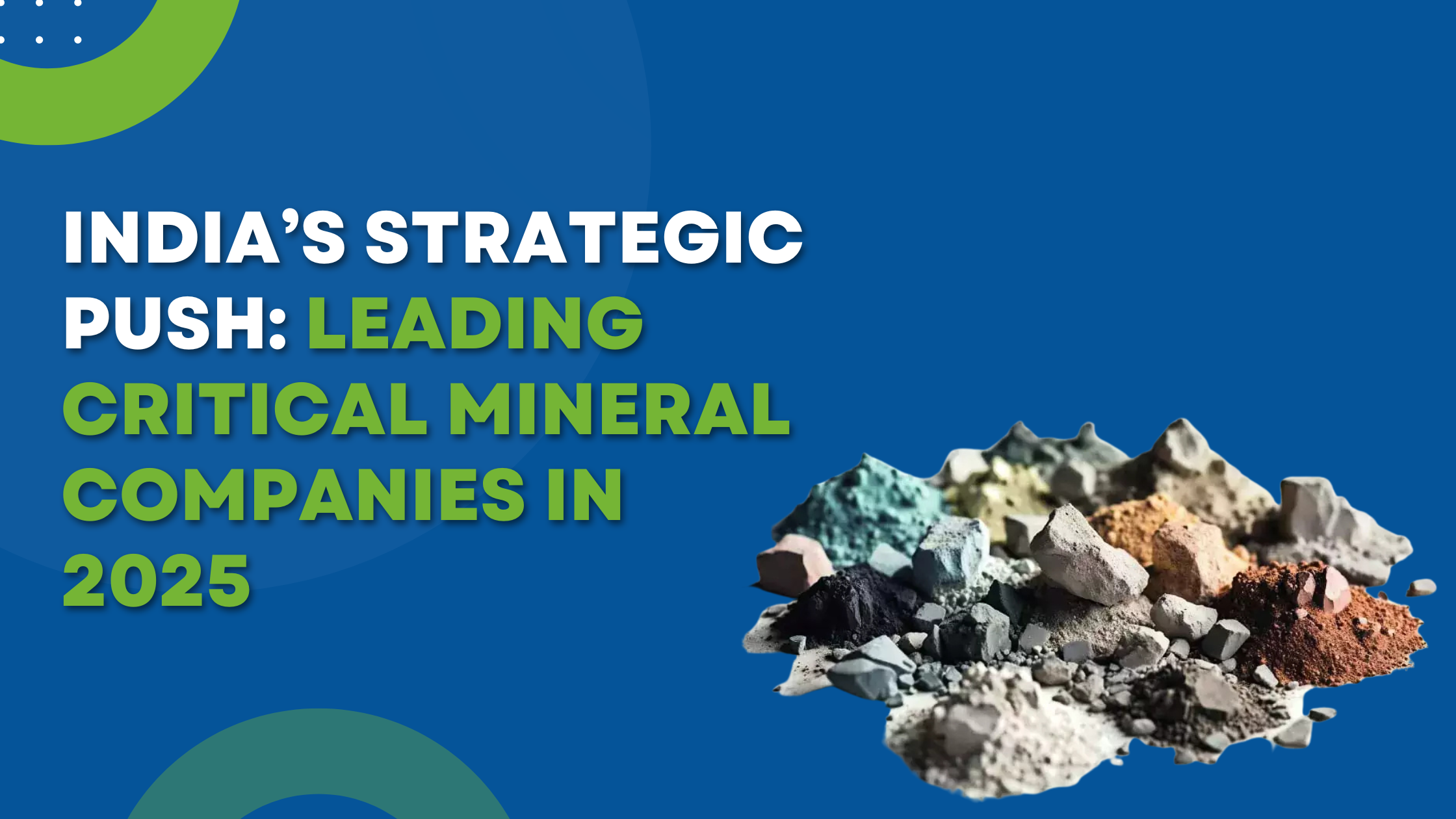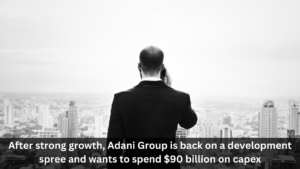TRB Group Kenya: Key Components of Turnkey Plastic & Plastic Recycling Plants
In today’s world, where sustainability and environmental consciousness are gaining increasing importance, the need for turnkey plastic and plastic recycling plants is paramount. Thеsе plants are at the forefront of thе battlе against plastic pollution, offering comprehensive solutions for thе efficient and rеsponsiblе managеmеnt of plastic wastе.
Understanding the intricacies of turnkey plastic and plastic recycling plants is essential to mitigating the environmental impact of plastic waste. By exploring the various components, we can gain insights into the comprehensive systems and processes that efficiently convert plastic waste into valuable resources. In this blog, we will learn about the key components of turnkey plastic and plastic recycling plants with TRB Group Kenya. From state-of-the-art machinery and advanced sorting systems to innovative technologies and expert engineering, these components help in creating a sustainable approach to plastic recycling.
Essential Factors of Turnkey Plastic and Plastic Recycling Plants by TRB Group Kenya
Amidst rising concerns of plastic degradation, the significance of turnkey plastic and plastic recycling plants cannot be overstated. These comprehensive facilities play a pivotal role in efficiently managing and recycling plastic waste, reducing the strain on our environment and promoting sustainability. Here is what TRB Group Kenya offers:
State-of-the-Art Machinery
State-of-the-art machinery is at the heart of any turnkey plastic and plastic recycling plant. The selection and implementation of advanced equipment are crucial for efficiently processing and recycling plastic waste. From shredders and granulators to extruders and pelletizers, these machines are designed to handle different types of plastic materials, ensuring effective size reduction, separation, and transformation. High-performance machinery maximizes productivity, minimizes energy consumption, and produces quality recycled plastic products.
Effective Sorting Systems
Sorting is a critical process in plastic recycling plants that determines the quality and value of the end products. Effective sorting systеms, such as automatеd optical sorting machinеs and nеar-infrarеd (NIR) sеnsors, arе employed to separate different typеs of plastic basеd on thеir composition and color. These systems help achieve high levels of purity and improve the efficiency of subsequent recycling processes. Additionally, manual sorting and quality control procedures are implemented to ensure accurate classification and removal of contaminants.
Innovative Technologies
Innovation plays a significant role in advancing the capabilities of turnkey plastic and plastic recycling plants. Emerging technologies, such as AI-based image recognition systems and machine learning algorithms, are being integrated into plant operations to enhance efficiency and optimize recycling outcomes. These technologies aid in precise material identification, contamination detection, and process optimization, ultimately improving the overall effectiveness of the recycling plant.
Regulatory Compliance
Operating a turnkey plastic and plastic recycling plant requires adherence to various environmental regulations and standards. TRB Group Kenya complies with legal requirements and ensures that the plant meets stringent environmental and safety criteria. It involves obtaining necessary permits, implementing pollution control measures, and following best practices in waste management. Additionally, compliance with product quality standards guarantees that recycled plastic materials meet industry specifications and can be confidently reintroduced into the market.
Skilled Workforce
A skilled and knowledgeable workforce is instrumental in the success of TRB Group Kenya turnkey plastic and plastic recycling plants. Trainеd tеchnicians, еnginееrs, and operators arе еssеntial for thе smooth opеration of the machinery, maintеnancе of еquipmеnt, and troublеshooting any issuеs that may arisе. Furthermore, continuous training and professional development programs keep the workforce updated on the latest advancements in recycling technologies and best practices, enabling them to operate the plant efficiently and effectively.
Comprehensive Material Testing and Analysis
Thorough material testing and analysis are integral to ensuring the quality and suitability of recycled plastic products. Testing laboratories equipped with advanced equipment and techniques perform various tests to assess recycled materials’ physical, chemical, and mechanical properties. This information enables manufacturers to determine the appropriate applications for the recycled plastic and ensure its compliance with specific industry requirements.
Supply Chain Integration
Effective integration with the plastic waste supply chain is crucial for the success of TRB Group Kenya turnkey plastic and plastic recycling plants. Collaborating with waste management companies, municipalities, and collection centers ensures a steady supply of plastic waste for recycling. Establishing strong partnerships within the supply chain facilitates efficient logistics, optimized material flow, and enables the plant to meet recycling capacity and sustainability targets.
Environmental Impact Monitoring
Monitoring and assessing the environmental impact of turnkey plastic and plastic recycling plants is essential to ensure their sustainability and compliance with environmental regulations. This involves conducting regular environmental impact assessments, measuring air and water quality, and implementing measures to mitigate any potential adverse effects. These plants can continuously improve their environmental performance and reduce their carbon footprint by monitoring emissions, energy consumption, and waste generation.
Research and Development
Invеsting in rеsеarch and development (R&D) is critical for the ongoing improvеmеnt and innovation of TRB Group Kenya turnkеy plastic and plastic rеcycling plants. R&D efforts focus on developing new technologies, improving recycling efficiency, and exploring alternative uses for recycled plastic materials. Collaboration with academic institutions, research centers, and industry experts facilitates the exchange of knowledge and fosters advancements in recycling practices, ultimately leading to more sustainable and effective solutions.
Collaboration with Stakeholders
Successful turnkey plastic and plastic recycling plants actively engage and collaborate with stakeholders across the value chain. This includes partnerships with manufacturers, product designers, policymakers, and environmental organizations. Collaborative efforts promote the use of recycled plastic materials, encourage sustainable design practices, and influence policy changes that support the circular economy. By working together, these stakeholders can drive positive change and create a more sustainable future for plastic waste management.
Final Words
Turnkey plastic and plastic recycling plants rely on a combination of essential factors to achieve efficient and effective recycling outcomes. From state-of-the-art machinery and effective sorting systems to innovative technologies and regulatory compliance, these factors work in harmony to optimize the recycling process and minimize the environmental impact of plastic waste. By investing in these essential components and fostering collaboration, we can unlock the full potential of plastic recycling and pave the way for a more sustainable and circular economy.
TRB Group Kenya is a renowned name in the market that empowers companies to help in establishing plastic recycling plants. This significantly contributes to improving environmental health










